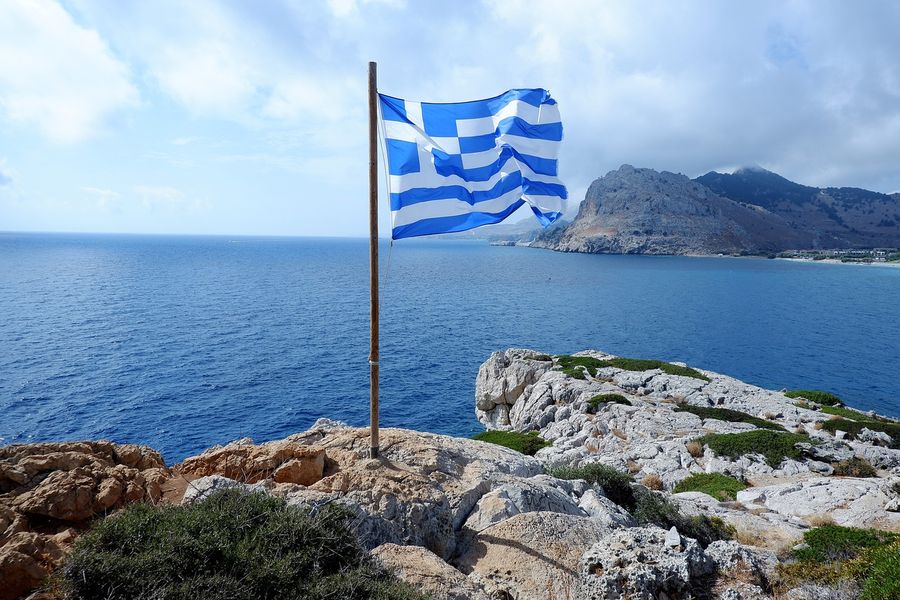Why “Hellas” and not “Greece”?


Long ago, says the myth, there lived Hellen, a king in Thessaly; and he had three sons…
His subjects (in the north-east of Greece) were called after him Hellenes. Gradually, this name spread to all the inhabitants of the peninsula, and they began to call their country Hellas.
By the way, the names of the descendants of the king—his son Dorus and Hellen’s grandson Achaeus—are heard in the names of the ancient tribes of Dorians and Achaeans.
Where did the word “Greece” come from?
In the 1st century BC, the Romans conquered the land of the Hellenes. By the time, they already knew well the colony of foreigners (ancient Greeks) in southern Italy: they were called Graeci; and the Romans began to call the conquered people after them. In that way, Hellas turned into Greece…

Under this name (or derivatives from it), Greece is known in most countries of the world because the influence of Latin in the past was immeasurably stronger than that of the Greek language. In Italy and Spain it is Grecia, in Germany—Griechenland, in France—Grèce, in Sweden—Grekland, in Serbia—Grčka but the proud descendants of the Hellenes did not put up with their Latin exonym, calling themselves still Hellenes and their homeland—Hellas.
By the way, Google translates “Greece” as “Hellas”.
It is worth noting that the world “Graeci” was not invented by the Romans at all because they generally preferred to borrow the best from the foreigners: a tribe in Epirus with this name was mentioned by Aristotle.
And what do you prefer to call: “Greeks” of “Hellenes”?
You can read how fun it is to learn Greek at the site of Ελληνικά: